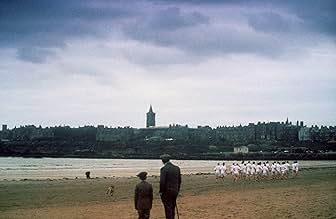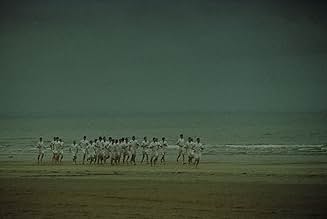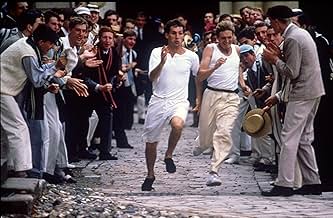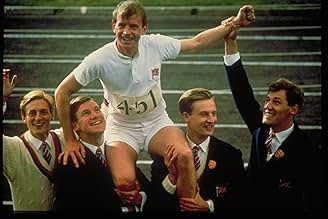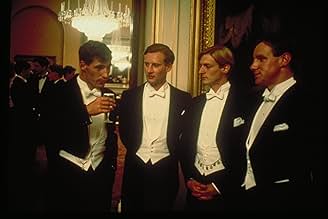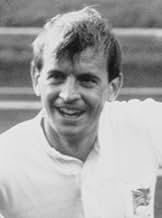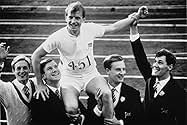Two British track athletes, one a determined Jew and the other a devout Christian, are driven to win in the 1924 Olympics as they wrestle with issues of pride and conscience.Two British track athletes, one a determined Jew and the other a devout Christian, are driven to win in the 1924 Olympics as they wrestle with issues of pride and conscience.Two British track athletes, one a determined Jew and the other a devout Christian, are driven to win in the 1924 Olympics as they wrestle with issues of pride and conscience.
Best Picture Winners by Year
Best Picture Winners by Year
See the complete list of Best Picture winners. For fun, use the "sort order" function to rank by IMDb rating and other criteria.







